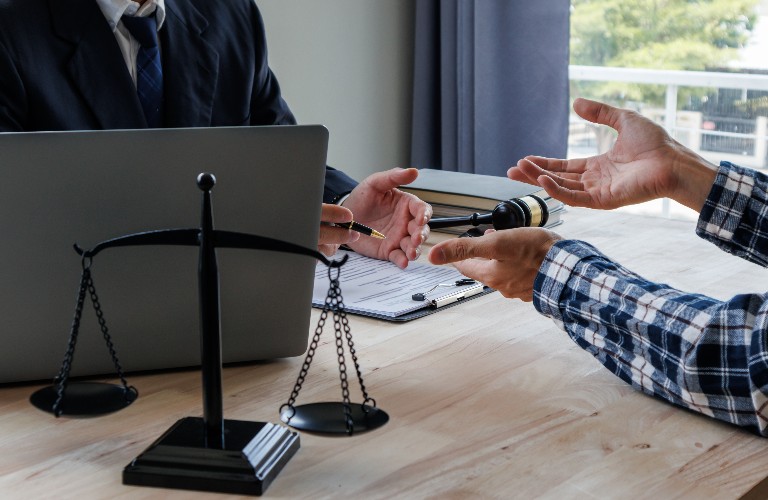
Your ideas, brand, and creations are the backbone of your business. Everything from the logo you designed to the content you created is considered intellectual property (IP) and deserves protection.
While you might believe that registering your IP is the end of the story, what happens when someone uses those creations without your permission? Enforcing your IP rights is the next step. We will look at when and how to take legal action to protect you and your hard work.
Why Enforcement Protects You
Registering your trademark or applying for a copyright is only the first step. You have to maintain and keep an eye open for any issues that may come up. It is similar to owning a house. You have to lock the doors, maintain the property, and step in if someone tries to move in uninvited. Ignoring infringement can:
- Dilute your ownership rights, especially with trademarks.
- Cut into your revenue if copycats sell cheaper versions.
- Confuse your customers and weaken trust in your brand.
- Slowly chip away at the reputation you’ve worked so hard to build.
When you protect your IP, your business will be strong and future-proof.
When Do You Need to Act?
Not every instance of infringement requires a lawsuit. Sometimes, it could be a genuine mistake, like a small business using a similar domain name without realizing it. Other times, it is blatant theft that could cause real damage.
There are a few questions you may want to ask yourself:
- Is this hurting my revenue?
- Could it confuse my clients or customers?
- Does it look intentional or widespread?
- Have I tried resolving it informally without luck?
If the answers point to actual harm, you may want to consult an intellectual property lawyer to take the next step.
What to Do Before Heading to Court
Court battles are expensive, stressful, and unpredictable. Before you commit to legal action, there are a few steps to protect your IP and strengthen your position.
Get Proof
Evidence is the foundation of any IP enforcement effort. Without it, even the strongest legal claim can collapse. You want to document every instance of infringement you see. This could include:
- Screenshots of websites or social media posts using your work.
- Physical samples of counterfeit products.
- Dates, timestamps, and transaction records that show the unauthorized use.
- Copies of marketing materials or ads that mimic your branding.
This is building a paper trail. The more detailed your evidence, the harder it will be for the infringer to deny or downplay what they have done.
Send a Cease-and-Desist Letter
This is often the first real step in the process. A cease-and-desist letter will outline your rights and demand that the infringer stop immediately.
This is a formal record that you attempted a resolution before escalating. Sometimes, this is enough to end the problem, especially if the infringement was unintentional or the infringer does not want the expense of a legal fight.
Explore Alternatives
Not every dispute needs to end in court. In fact, many businesses find that alternative solutions save time, money, and relationships. Depending on the situation, you might:
- Negotiate a licensing deal
- Enter into a settlement agreement that includes compensation and future restrictions.
- Use mediation or arbitration
- In some rare cases, you may even explore a collaboration if it aligns with your business goals.
These alternatives can resolve the issue while avoiding litigation’s public, drawn-out nature.
When Litigation Becomes the Answer

Of course, not every infringer is willing to cooperate. If the other party ignores your cease-and-desist letter, refuses to negotiate, or continues causing harm to your business, litigation may become the only way forward. You might be able to secure:
- Injunctions: A court order requiring the infringer to stop their actions immediately.
- Monetary damages: This is compensation for lost sales, profits, or licensing fees you would have earned if the infringement had not occurred.
- Seizure of counterfeit goods: Courts can authorize law enforcement to seize and destroy fake or unauthorized products.
Unfortunately, lawsuits can drag on for months or years. Plus, legal fees can add up quickly. However, when the value of your IP and the health of your business are on the line, it may be time to take decisive legal action.
Protect Your IP Rights Today
Enforcing your IP rights protects you and your business. You have worked hard to design, create, and promote these works. When someone tries to infringe on them, you have the legal recourse to take action.
You do not want to until someone else profits off your hard work. Enforcement should start early and strategically. At Iconic Inc., we are here to help you protect your IP and the future of your business. Contact us for a consultation.
